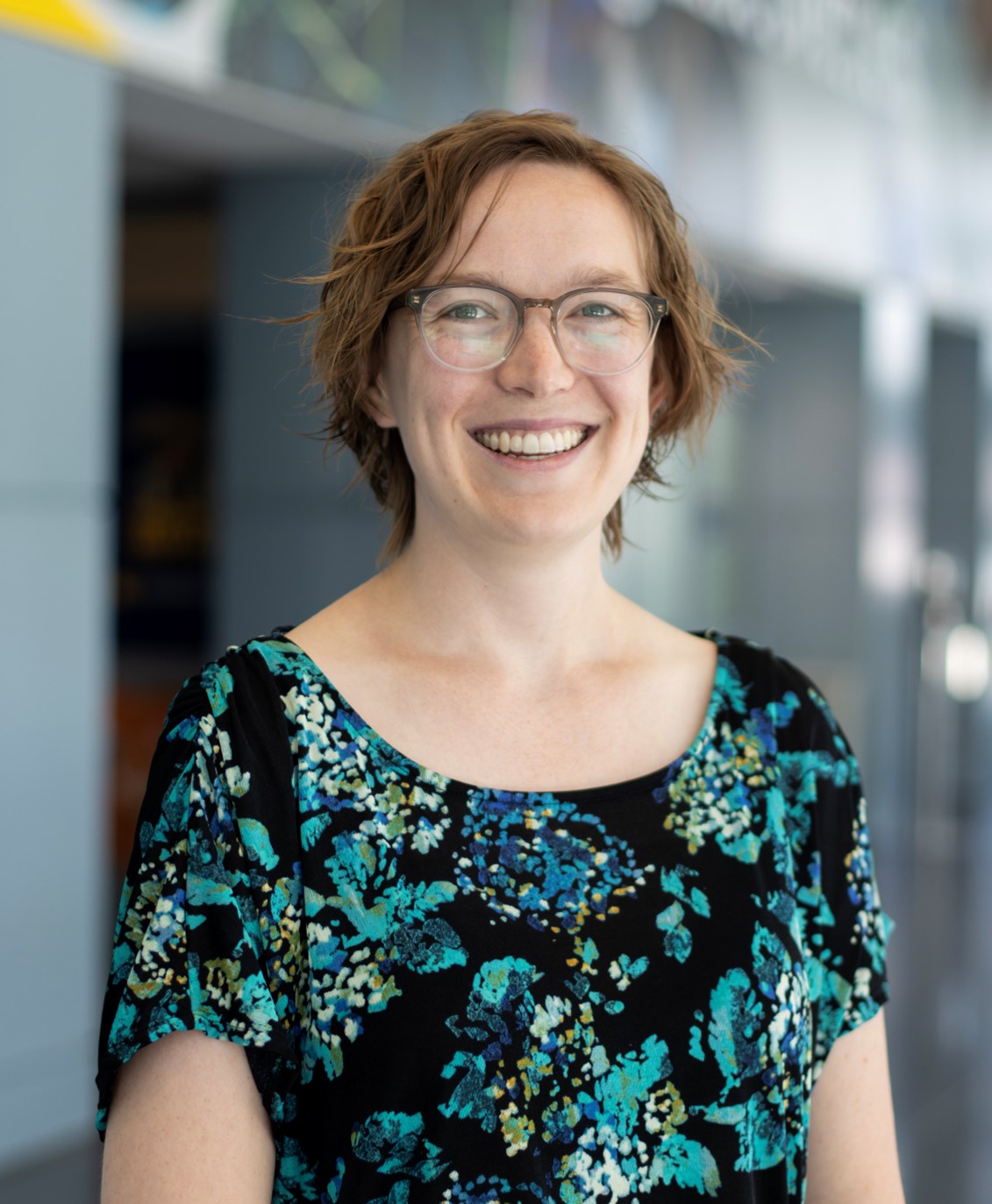Funding opportunities for young researchers wishing to study a rare disease like HD can be limited. The Huntington’s Disease Society of America (HDSA) believes we must ensure that the pipeline of passionate and bright HD scientists and clinicians remains full, a vision that is shared by the Berman and Topper families. With that in mind and with their support, HDSA is committed to sponsoring innovative lines of scientific inquiry into HD biology by early post-doctoral researchers with a desire to make HD part of their career plan. The goal of this program is to develop the next generation of passionate and innovative HD scientists.
What is This Project?
- A three year grant mechanism to provide support for young scientists to work collaboratively with their mentors and other committed HD health professionals to help develop the fellow into an independent HD leader.
- Awards up to $100,000/year ($95,000 salary and research support, plus $5,000 travel/education budget)
Who Can Apply?
- Applications are welcome from young scientists/clinicians who are interested in a career in Huntington’s disease research or care.
- Applicants should be no more than 5 years removed from obtaining their PhD or completing their residency/fellowship.
- Applicants cannot have their own laboratory and must identify an individual who will serve as his or her mentor and supervisor.
- Open to researchers from around the world.
Applications
The 2026 HDSA Berman-Topper Fellowship Application is now open.
You may CLICK HERE to download the 2026 Request for Proposals which contains more information about the details and terms of this award from the previous cycle.
To begin a NEW application: The grant application can be accessed via ProposalCentral.com.
To continue an EXISTING application, you must login to ProposalCentral and navigate to your proposals tab to see submissions in progress.
The instructions for submitting a proposal may be accessed HERE.
Complete applications will be due March 20, 2026
Scientific Advisory Board review: Early May 2026
Notification of award: Late May 2026
Fellowship start date: No later than August 1, 2026
If you have questions about the Berman-Topper Fellowship or about filling out the online application, they can be directed to Tamara Maiuri, Associate Director of Research and Patient Engagement, TMaiuri@hdsa.org, or Howlatu Sowe, Mission Program Coordinator, HSowe@hdsa.org.
Frequently Asked Questions
Q: Are there exceptions to the eligibility criteria of applicants being no more than 5 years removed from obtaining their doctoral degree?
A: There is precedent for applicant exceptions to the 5-year rule, such as employment lapses due to COVID, change in career direction, or parental leave. However, most fellowship winners have been within the 5-year limit. If you feel you can still demonstrate commitment to the field, a strong training environment for HD, and a strong scientific proposal, then please reach out to HDSA to discuss.
Q: How are candidates evaluated?
A: HDSA’s Scientific Advisory Board (SAB), made up of expert HD scientists, clinicians, and family members, provides written evaluations and scores for each applicant, followed by a live discussion. Candidates are evaluated on their scientific proposal, its feasibility within the timeframe, their personal story/commitment to the HD field, their mentorship and training plan (including the strength of letters of reference), and the environment in which they will conduct the work.
Q: What is the acceptance rate for this fellowship?
A: This grant prioritizes career development and commitment to HD, and has around a 15% acceptance rate, with 1-2 fellows selected yearly.
Q: Can I apply for the HDSA Berman-Topper Fellowship and the HDSA Human Biology Fellowship?
A: The Berman-Topper Fellowship application is usually due in February/March and a decision about this initiative is typically made in May. The Human Biology Project Fellowship Letter of Intent (LOI) is usually due in May, with invited full applications in July. If a project that was not awarded the Berman-Topper Fellowship is deemed appropriate for the HDSA Human Biology Fellowship, the applicant may be invited to bypass the LOI and complete a full application. However, applicants to the Berman-Topper Fellowship may also pre-emptively submit an LOI to the Human Biology Project. Previous winners of either fellowship may also apply for the other.
Q: What kind of feedback is provided to applicants?
A: Both selected and rejected applicants can choose to receive anonymized written feedback from HDSA’s SAB on the strengths and weaknesses of their proposal.
Q: If I have applied to this program previously and was not awarded the Fellowship, can I reapply?
A: Yes. However, the application will be evaluated as a new submission. HDSA does not have a separate mechanism/pool for re-submissions, but we do make an effort to alert SAB members to the previous submission and assign reviewers with previous feedback in mind.
2025 Berman-Topper HD Career Development Fellows

Dr. Elizabeth Tidwell, University of Michigan
Mentor: Dr. Melanie Ohi
Project Title: Determining the structure of Huntingtin RNA and RNA-protein complexes using single particle cryo-electron microscopy
Dr. Tidwell’s 2025 Berman-Topper HD Career Development Fellowship seeks to understand how the expanded CAG repeat in the gene that causes Huntington’s disease may change the 3D structure of its RNA (the molecular message for the huntingtin protein) and disrupt how it interacts with other molecules in the cell. Her research uses advanced cryo-electron microscopy to generate detailed models that could help explain early molecular dysfunction in HD. These insights may ultimately inform future therapeutic approaches.

